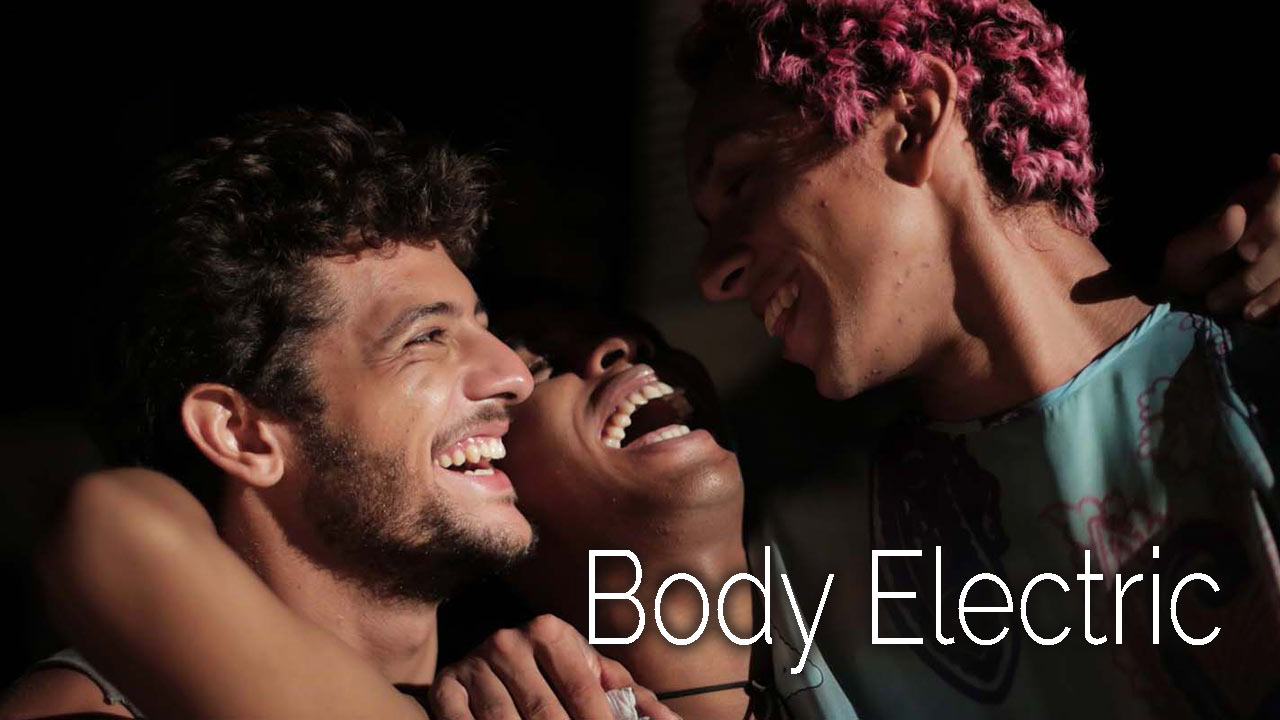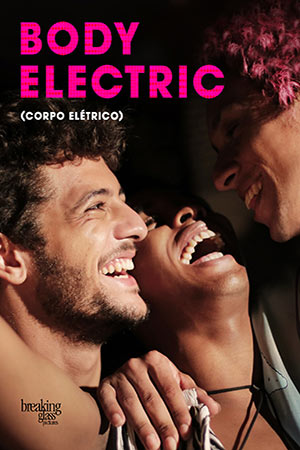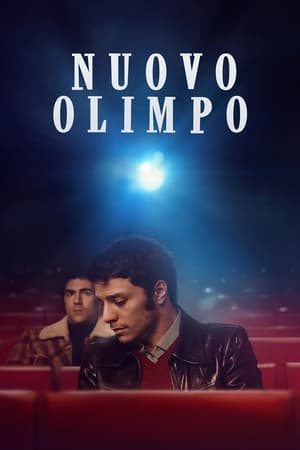“Body Electric” (“Corpo Elétrico”), directed by Marcelo Caetano, is a nuanced and naturalistic portrayal of young, lower-middle-class individuals in São Paulo. The film centers on Elias, a young gay man working in a garment factory, and follows his daily life, exploring themes of identity, freedom, and community.
The story begins with the arrival of summer, and Elias finds himself dreaming of the sea. As the holiday season approaches, his responsibilities at the factory increase. After another night of working overtime, Elias and his colleagues decide to unwind with some beers. This outing leads to new encounters and desires, opening up his horizons.
One memorable scene features two men lying naked on a bed, discussing the sea and life. It’s clear they had a sexual encounter, yet neither seeks deeper involvement, agreeing they are just friends. This lighthearted approach to their relationship might challenge conventional morals, but “Body Electric” handles it with the naturalness of someone intimately familiar with this universe, avoiding judgment.
The film depicts a young, lower-middle-class group in São Paulo, open to new configurations of sexuality and gender. The characters are free from ties to traditional social institutions—none are particularly close to their families, religions, political parties, or sports teams. Their bonds are formed through lasting, unpretentious friendships among Elias and his colleagues. They navigate their lives from home to factory to bar and each other’s beds, returning to work the next day with hungover eyes.
“Body Electric” brilliantly captures the essence of contemporary times. This youth doesn’t dream of owning the latest car, saving for a house, or climbing the corporate ladder. With no prospects for social advancement, they savor the present with cheap pleasures. The dialogue, costumes, and set pieces feel authentic, contributing to the film’s documentary-like realism.
The actors, directed with finesse, create a believable sense of intimacy and collectivity. Kelner Macêdo’s simplicity, Georgina Castro and Nash Laila’s dialogue dexterity, Lucas Andrade’s humor, and the spontaneity of renowned LGBT artists Márcia Pantera and Linn da Quebrada enrich the film. They embody the typical realism of a documentary within a fictional structure. Scenes featuring colleagues gathered at parties or friends’ houses are particularly well-executed.
Director Marcelo Caetano deserves credit for highlighting popular figures without succumbing to aesthetic pretensions. He allows characters to speak over each other, creating a “dirty” sound editing that suits the realism of parties. His use of fixed frames, focused on the characters, avoids any sense of randomness, though some framings might benefit from more dynamism.
Despite its contained structure, some scenes stand out. The employees’ exit from the factory, walking down a dark street while the camera captures various characters in a sequence shot, is beautifully orchestrated. Another impressive scene shows motorcycles and a car moving through the night, with transvestites and drag queens expressing themselves freely, arms open as if embracing the city.
“Body Electric” offers a nuanced representation of the LGBT universe. Sexuality is central to the characters’ lives but doesn’t drive conflict. The gay characters are openly accepted by their colleagues. The film avoids both denunciation and idealization, placing the characters in a self-sufficient, happy social bubble. The only family that matters here is formed through bonds of affinity.
The plot progresses through minimal conflicts, without notable twists. Some scenes, like Elias’s repetitive arrival at work, might feel redundant. However, the film’s intention is not to direct its characters precisely but to follow them day by day, unaware of their next steps. Like an affectionate chronicler, the film values the banal, presenting a community without national crises, social judgments, or concerns about the past or future. It advocates for the individual’s total autonomy, a subtle political stance not tied to party alignments.
“Body Electric” premiered at the 12th São Paulo Latin American Film Festival in July 2017, capturing the spirit of contemporary Brazilian youth with authenticity and empathy. Marcelo Caetano’s direction, combined with stellar performances, offers a refreshing and intimate glimpse into a community that celebrates individuality and present-moment living.
























